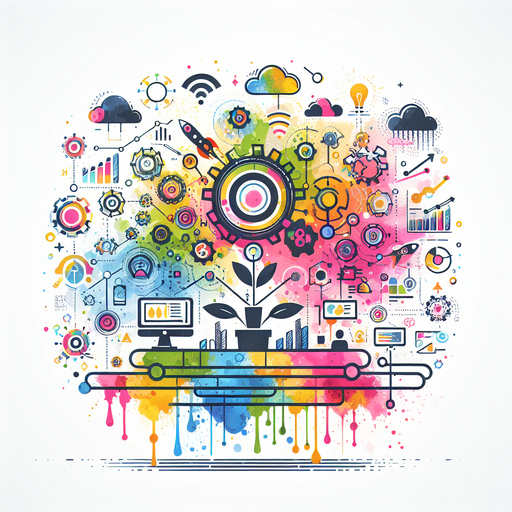Software-as-a-service (SaaS) has become a dominant model for delivering software applications over the internet. As the SaaS market grows increasingly competitive, companies are looking for ways to differentiate themselves and gain an edge. Recent advances in artificial intelligence (AI) and machine learning, especially large language models like GPT-3, are opening up new possibilities for SaaS companies to leverage AI to their strategic advantage.

Enhancing the User Experience
One of the most powerful applications of AI is to enhance the user experience. SaaS providers can use AI chatbots and virtual assistants to provide 24/7 customer support. These bots leverage natural language processing to understand user queries and provide intelligent responses. Companies like Salesforce and Zendesk already offer AI-powered chatbots. Additionally, AI can personalize user recommendations, tailor content delivery, and streamline workflows. By optimizing the user experience, SaaS companies can boost engagement and increase customer lifetime value.

Improving Operational Efficiency
SaaS companies can harness AI to automate processes and reduce costs. AI has powerful capabilities in pattern recognition, prediction, and decision-making that can be applied across operations. For example, AI can automate steps in the software testing and release process, enabling continuous integration and delivery. It can also analyze customer usage data to recommend pricing changes or identify opportunities to upsell customers to higher tier plans. Streamlining operations through AI allows SaaS firms to increase efficiency and scale while controlling costs.

Enabling New Product Capabilities
Some of the most exciting applications of AI are in enabling new product functionalities. AI can power features like advanced search, intelligent recommendations, and predictive analytics. Large language models like GPT-3 can answer user questions in natural language and generate content like reports or summaries. Computer vision can extract insights from images and video. Voice recognition and synthesis can enable conversational interfaces. Leveraging these AI capabilities allows SaaS companies to create disruptive products that competitors will struggle to replicate.
Accelerating Software Development
AI is also making software development faster and less costly. Automated code generation and review tools reduce the burden on engineering teams. AI assistants can suggest code implementations and debug errors. Large language models can even write code based on natural language prompts. For SaaS firms relying on continuous software releases to stay competitive, applying AI to accelerate development can be a major advantage.
In conclusion, recent advances in AI present compelling opportunities for SaaS companies to leverage these technologies for competitive differentiation and business value. Companies that strategically invest in AI and integrate it across their products, operations, and development will be well-positioned to gain an edge over the competition.




